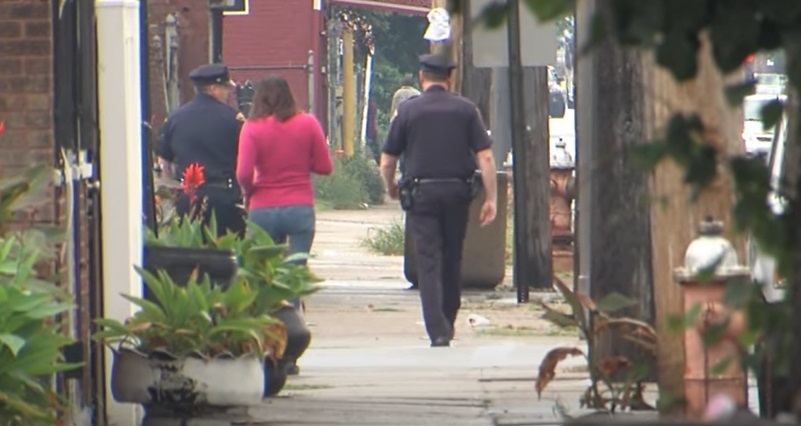
I read a lot of police-related articles in law enforcement publications and consumer media. As I skim along to see what’s new I often nod in agreement or sigh in frustration and, every once in a while, pause to ponder something I’d never thought of quite the way the writer presented it. That happened this week as I read about a new technology designed to help officers get back on patrol and freed from tedious paperwork. The promoter of the product said that police departments treasure the time officers spend making contact with the public. Treasure. Hmmm.
As someone who has been on both sides of an oral interview for a police job, the most common answer to the question “Why do you want to be a police officer?” is “I want to help people”. One might think that the answer to that question would change if asked of that same officer 20 crusty years later, but it probably wouldn’t.
At a time when some agencies and governing bodies are limiting police officers from making traffic stops and pedestrian contacts, treasured opportunities to make positive contacts are being forfeited out of the unfounded fear that those contacts will be negative or even deadly. Given the daily activity of hundreds of thousands of police officers, nearly 25% of persons 16 or older have police contact in any given year according to the U.S. Department of Justice. That means about 54,000,000 contacts of which less than 1% reported any force or threat from police. During arrests fewer than 20% involve any force and 80% of those involve no law enforcement weapon.
A survey by the U.S. Department of Justice in 2020 (a very tough year for law enforcement) showed that 88% of respondents reported being satisfied with their police contact. Two-thirds said that after calling police the situation to which they were called was improved, and 93% said they would not hesitate to contact police again.
From a very personal perspective, interaction with the public is the bread and butter of law enforcement and a primary area of work satisfaction for police officers. They take pride in being able to talk to folks. They are experts at reassuring, calming, and comforting. The banter can uncover essential information and even create a bond of trust between the officer and the citizen. The heart-warming stories of cops stopping to play basketball, buying shoes, replacing stolen gifts, and paying for a meal or a hotel room can sometimes make the news but it is by no means unusual. Sharing a smile or even a tear comes with the job. Police are told not to take things personally, but when invited into people’s worst moments, it gets personal.
An old management rule was that a good supervisor must give five compliments to counteract the morale punch of a single criticism. I’m not sure what the ratio is for negatives experienced by police compared to positives, but the enthusiastic wave of a smiling child is a healing balm for getting the middle finger gesture on the same day. Hearing “thank you” and “I’m glad you’re here” fuels the fire that was lit the day the badge was pinned. Sometimes an officer has to look for the positive when the negative seems so powerful, but the affirmation is there and it tastes sweet.
Researchers often talk about community policing efforts to take things back to the days of neighborhood cops walking the beat. Whether that impacts crime is a question not completely answered by statistics, but what we do know is that the public feels better when the cops are around. What we often ignore is that making those contacts makes the cops feel better, too.